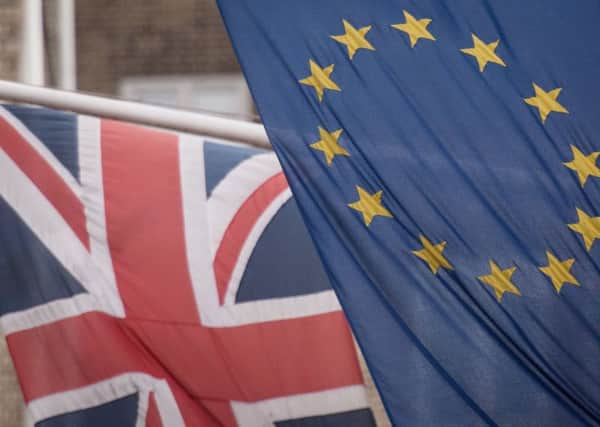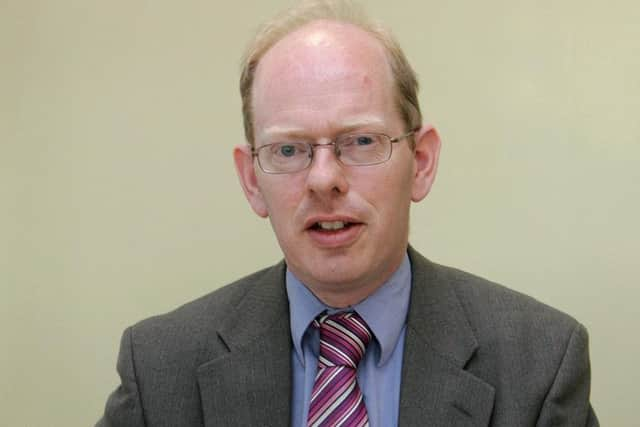Is Brexit our main economic hurdle? No: in fact it may help


Fundamentally (so it is argued) the economy is very sound but it is being knocked on the head by, first, the absence of a Stormont government and, second, by the prospect of Brexit.
Like other conventional wisdoms this one should be questioned.
What I want to argue is two-fold.


Advertisement
Hide AdAdvertisement
Hide AdFirst, even when Stormont was operating the available evidence – RHI in particular – implied that the machinery of government had a very large spanner in the works.
Second, Brexit is not our greatest economic challenge (a low level of productivity is); it could even nudge us towards the direction we should have been going towards in any case.
Before considering the emerging findings from the RHI, some caveats:
• The judge-led inquiry has still to complete (but we can read the comprehensive evidence given to Stormont’s PAC committee)
Advertisement
Hide AdAdvertisement
Hide Ad• By dealing here only with the role of “officials” I am not denying the role of MLAs, Spads and consultants (I say that with some feeling as a former MLA, Spad and consultant!) – but that is for another day
• NI has many excellent and conscientious civil servants who have managed difficult tasks during Troubles, direct rule and stop-go devolution
• Sometimes it is argued the Whitehall civil service has its flaws, notably in terms of moving from devising a policy to actually implementing that policy (that was the conclusion of the Fulton commission 50 years ago in 1968).
Notwithstanding these qualifications, we are learning a lot about the machinery of government particularly in terms of the civil service departments which is concerning:
Advertisement
Hide AdAdvertisement
Hide Ad• There has been a widespread mindset of “free money” which views the London government/HM Treasury as the funder of last resort which always steps in to pick up the tab. That mindset inhibits the development of effective and value for money policies
• Insufficient emphasis on “price signals”. It was surprising this was evidenced in the Economy Department, of all places. When the RHI whistle blower first came forward there was a lack of recognition that profit seeking businesses would use the scheme to make money
• In NI civil service, as probably in Whitehall, there has been too much emphasis on being good generalists rather than using specialists appropriately.
What of Brexit?
A few years back an economist called Thaler received the Nobel Prize for his work on how economic policy could be used to “nudge” desirable behaviour.
Advertisement
Hide AdAdvertisement
Hide AdArguably, Brexit could help nudge or even push us towards the difficult things we should have been doing anyway such as:
• Engaging more with the economically inactive, rather than relying on cheap migrants
• Trading with more distant world economies, rather than relying on the closer EU markets
• Taking a new approach to developing farming/rural economy, rather than relying on the unsustainable, massive, expensive CAP/Single Farm Payment subsidy model.
Advertisement
Hide AdAdvertisement
Hide Ad• Dr Esmond Birnie is senior economist at Ulster University Business School and former Ulster Unionist MLA. This is part of his presentation to CIPFA Conference at the Stormont Hotel, Belfast on October 11